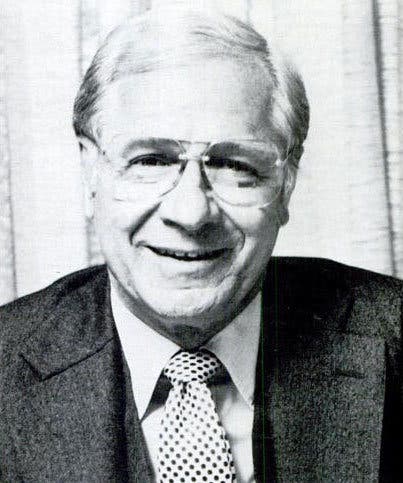Rewriting history
Replay author Tristan Donovan on why games began with the atomic bomb.
I think they might be. It's very hard to see these things when you're in the middle of them. That's why in the book I avoided writing about things like Facebook games. They're so new. The idea of trying to write a history of something that's still happening is crazy: it's going to be wrong in six months.
It could just be our perspective at the moment means we can't see the trend, but you may be right: it is getting so diffuse. Again, it would be like trying to write a history of music. How do you start? There's just so many forms. How do you find coherency?
It was hard enough with Replay to catch a sense of coherency towards the end. I guess in the future, you'll see histories of genres more, of various types of games. I think gaming history will have to become more specialised, just as it has with every other medium.
For the obscure person, Muriel Tramis, a French game designer. She did most of her most interesting work in the 1980s. She was the European equivalent of Roberta Williams.
She came from the French island of Martinique in the Caribbean and moved to France in the 1970s. She had an ancestry that involved slavery and she set out to make these text adventures that talked about slavery, Creole culture, and that sort of thing.
To do that in the mid-1980s, to do something so highbrow in games when we were all playing Jet Set Willy, I think that's amazing. She got recognition from the French government for her cultural impact, and it's a real shame she's not really making games anymore.
A fascinating character, and it's a shame that the language barrier made interviewing her difficult. It's incredible to see such highbrow stuff at such a primitive time, though.
I'm always tempted to go for someone that people won't expect, so I'm going to say Ray Kassar, the much-hated chief executive at Atari. There are lots of reasons why.
Firstly, before he took over at Atari, it still wasn't a household name. The VCS was popular but it wasn't the runaway success it later became, and it was under his management that Atari and the VCS became this gigantic thing that defined the perception of videogames in the early 1980s.

On top of that, it was his unkeen attitude towards developers that led to Atari employees quitting and forming Activision, which created the first third-party publisher. We remember Atari because of what Ray Kassar did, and not what Nolan Bushnell did.
Obviously Bushnell started the ball rolling and created the industry, but this idea of Atari, which became the model of how you run a games studio – it's all crazy and everyone stays up all night coding – that all started under Kassar's regime.
He also commercialised games under his leadership and, ultimately, didn't invest in the research and development Atari needed, which so unwittingly caused the great industry crash. There were other reasons for that, like the rise of video recorders, but it really shaped games in its own way, making the audience much more hardcore and opening the way for Nintendo.
So Kassar's a much-maligned figure, but a perfectly nice man to talk to, and he was a corporate chief exec: he was there to turn Atari from a start-up into a global goliath. He did it – he couldn't sustain it – but he helped to get the whole thing started.
Tristan Donovan's Replay: The History of Video Games is out now, priced at £12.99. You can save yourself the price of an iPhone game if you pick it up at Amazon.








